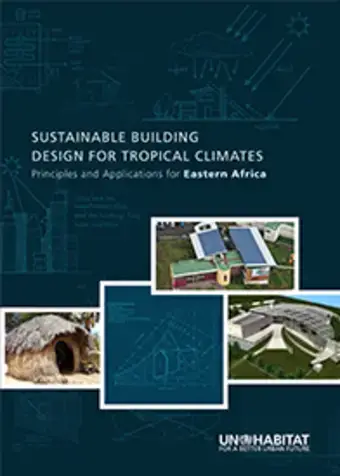 New York, 17 March 2015 - During the 59th session on the Commission for the Status of Women, the side event Habitat III, Beijing+20 and the City We Need was hosted by the Deputy Executive Director of UN-Habitat, Ms. Aisa Kirabo Kacyira. Other distinguished panelists at the event included Ms.
New York, 17 March 2015 - During the 59th session on the Commission for the Status of Women, the side event Habitat III, Beijing+20 and the City We Need was hosted by the Deputy Executive Director of UN-Habitat, Ms. Aisa Kirabo Kacyira. Other distinguished panelists at the event included Ms.
From Agropolis to Ecopolis – heading towards regenerative cities - Stefan Schurig, World Future Council
In this lecture, Stefan Schurig (World Future Council) talks about the vision of regenerative cities as the greening of the urban environment and the protection of nature from urban expansion, and above all else, about the greening of urban systems of production, consumption and construction. Schurig proposes necessities to transform cities into 'regenerative' systems.
